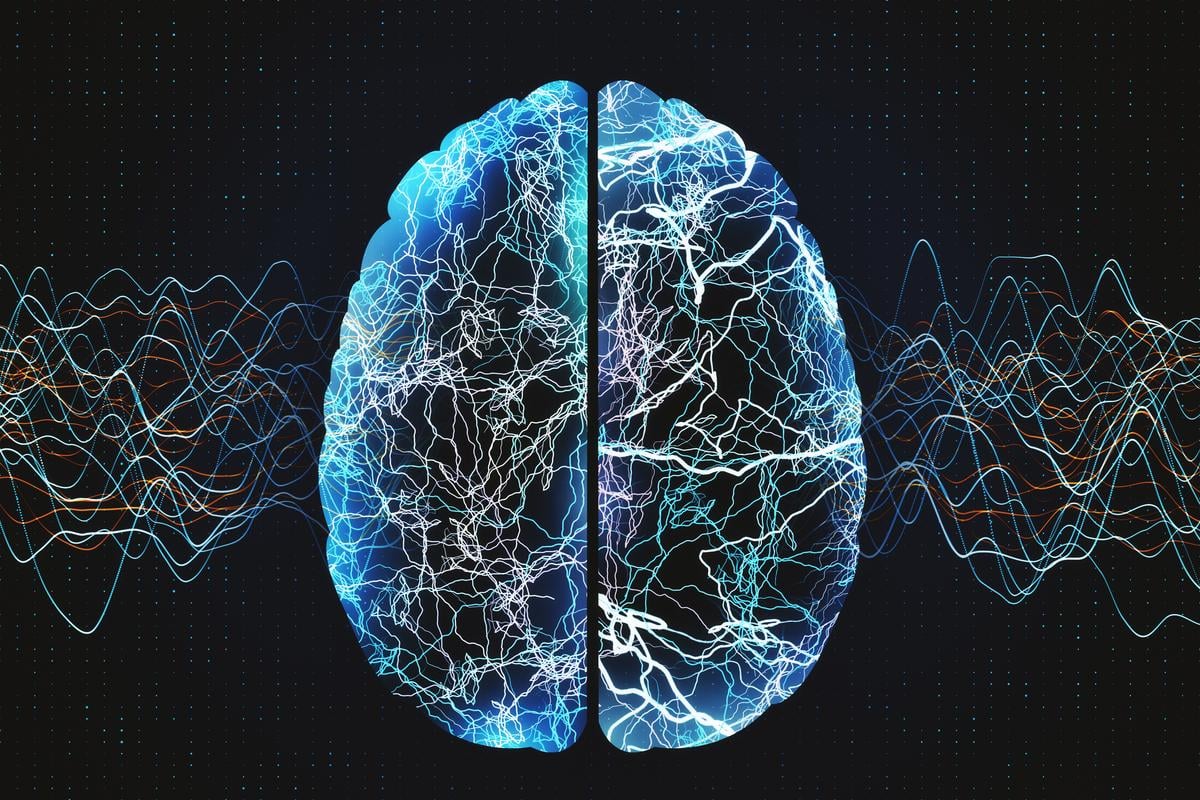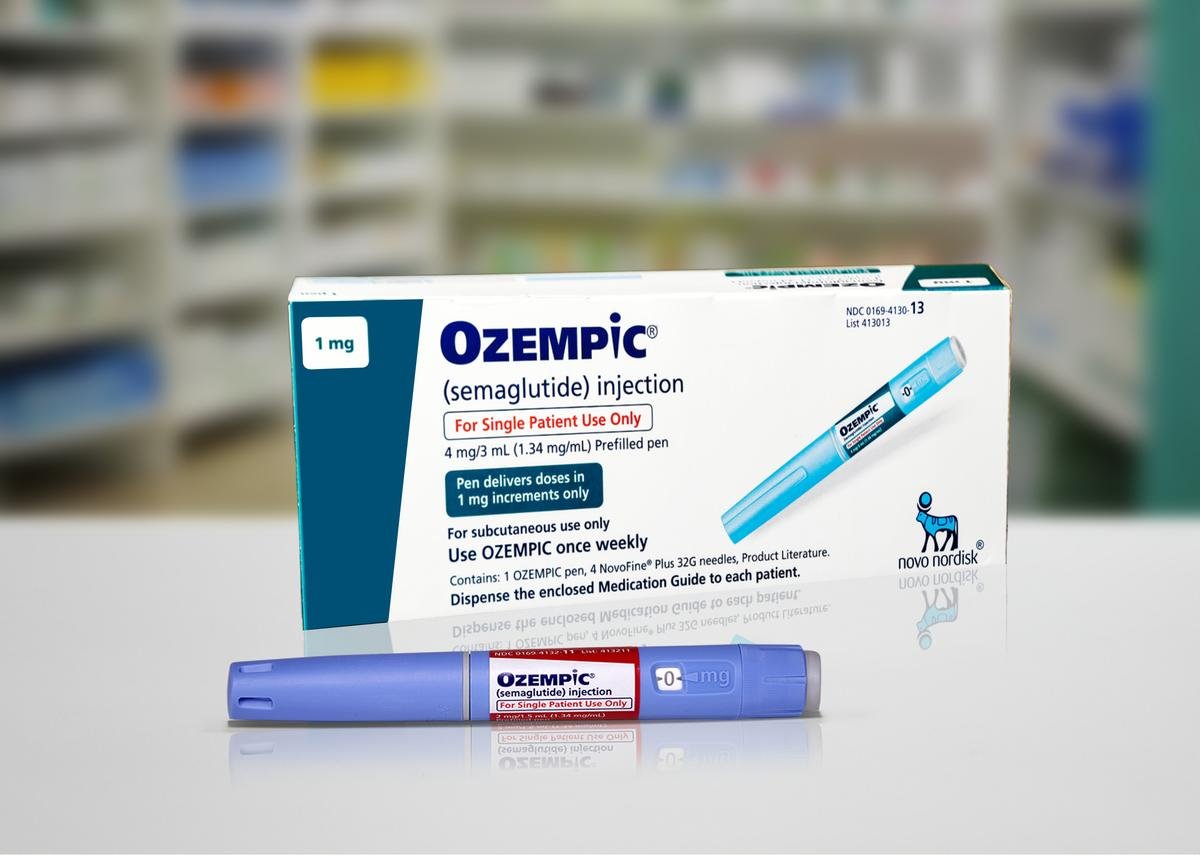
Certain gut microbes might be linked to a person’s risk of developing Parkinson’s disease, a new study suggests. People prescribed multiple courses of penicillin antibiotics have a modestly lower risk of developing Parkinson’s, researchers found. Those antibiotics might be affecting bacterial populations in the gut, which in turn might play into Parkinson’s risk, researchers say.… read on > read on >












.jpg)





